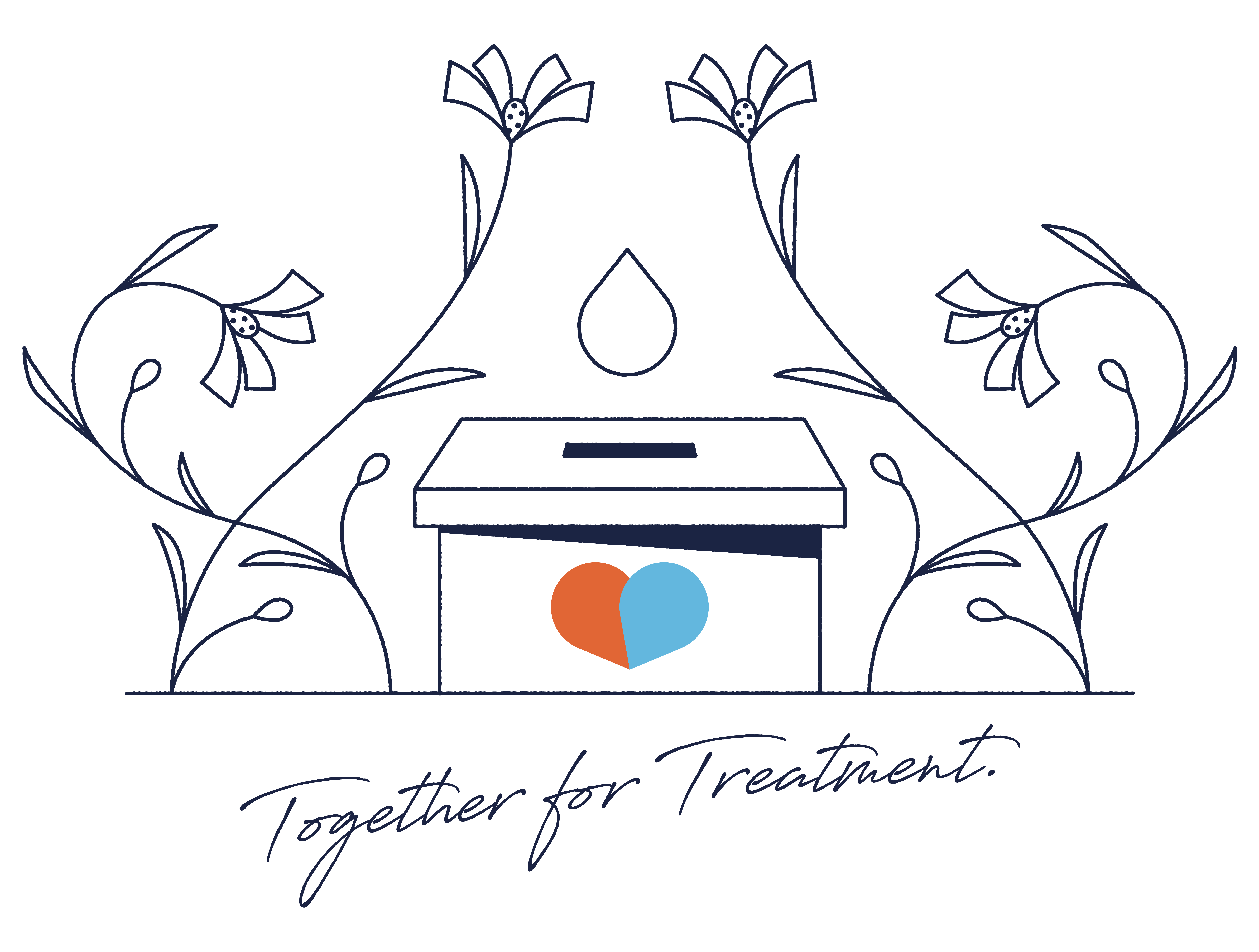Three patient advocacy groups are taking a stand against copay accumulator programs for Affordable Care Act (ACA) or “Obamacare” plans. Copay accumulator programs prevent patients from using cost assistance, like copay cards, for medication purchases (for a more in-depth explanation of copay accumulator programs check out IAF’s explainer video). The HIV+Hepatitis Policy Institute, the Diabetes Leadership Council, and the Diabetes Patient Advocacy Coalition have sued the Department of Health and Human Services (HHS), Centers for Medicare and Medicaid Services (CMS), Secretary of HHS Xavier Becerra, and Administrator of CMS Chiquita Brooks-LaSure in their official capacities for allowing these programs to exist in the Medicare program. The lawsuit is over a federal rule that was implemented during the Trump Administration, which allows insurers to deny copay assistance through copay accumulator programs in ACA marketplace plans.

The Complaint:
The complaint (term used to describe the legal action where one party sues another party) states that the ACA sought to make health insurance premiums more affordable through the HealthCare.gov marketplace and lower out-of-pocket spending. However, premiums and out-of-pocket maximums remain extremely high for both individuals and families. This leaves patients prescribed high-cost infusions and injectables in an impossible financial situation, unless they have access to some form of financial help. Allowing copay accumulator programs to exist in ACA plans prevent patients from accessing life-changing medications and goes against the very premise of the ACA. Specifically, the complaint explains this rule conflicts with the definition of “cost-sharing.”
What is Cost-Sharing?
The ACA definition of “cost-sharing” includes deductibles, coinsurance, copayments, and “any other expenditure required of an insured individual.” According to the complaint, because the ACA does not specify where a patient’s payment must come from (for example: a family member, a charity, or a drug company), but only that the payment is made, if a patient comes up with the money, the origin of those funds should not matter (presuming legal means of course). The rule also deviates from existing regulations that note, “cost-sharing means any expenditure required by or on behalf of an enrollee.”

And if they win?
Should the plaintiffs (the patient groups) win their suit, ACA plan holders will be allowed to make full use of third-party copay assistance when needed and, in turn, will have greater access to life-saving medications. We hope at the very least the suit will raise awareness of the harms caused by copay accumulator policies.
Where does IAF stand?
IAF ultimately supports our fellow patient groups and wishes for their success! If you would like to read the full complaint, click here. To figure out whether you have an ACA plan, check out this article.
To take a stand against Copay Accumulator Programs, head to our advocacy page.








